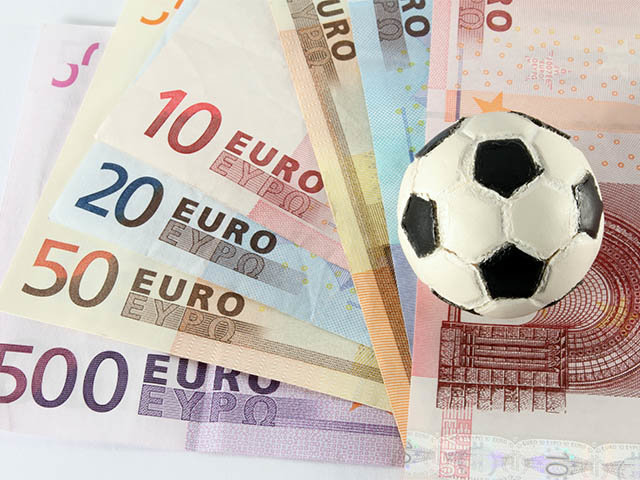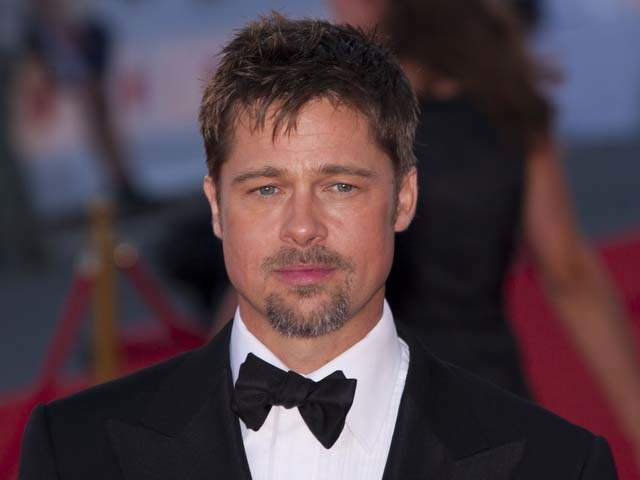Never have I, none the wiser... (B2)
Negation and negative words (442)
Zápor a záporné výrazy
Na Landigo se dnes zaměříme na pokročilejší gramatiku, která souvisí se záporem:
- Obrácený slovosled po záporných slovíčkách (Never have I, not once did I...)
- Použití NOT se slovesy (I don't think it was, I wish it wasn't...)
- Ustálené vazby NO OTHER THAN a NONE THE...
Zápor a záporné výrazy – procvičování:
Na zápor máme tak lekce:
Never have we eaten such good ice cream as in Italy.
|
We have never eaten such ice cream.
|
|
Never have we eaten such ice cream.
|


Never have I, not once did I...
Pro přidání důrazu můžeme dát záporná slovíčka NO, NOT, NEVER, NEITHER, NOR, HARDLY, SELDOM, RARELY, BARELY, LITTLE apod. na začátek věty:
|
Not once have I met him.
|
|
Never have I met him.
|
Takové postavení je běžné především ve formální angličtině.
Pokud je NO, NOT, NEVER... na začátku věty, používáme tázací slovosled. Porovnejte:
| Klasický oznamovací slovosled | Tázací slovosled |
|---|---|
|
I will meet him under no circumstances.
|
Under no circumstances will I meet him.
|
|
I met him not once.
|
Not once did I meet him.
|
|
I have never met him.
|
Never have I met him.
|
|
I can hardly see him next week.
|
Hardly can I see him next week.
|
Více o obrácení slovosledu podmětu a slovesa v samostatné lekci.
I'm exhausted after the long flight. Barely did I sleep.
|
I barely slept.
|
|
Barely did I sleep.
|


I have neither the time nor do I have the desire to see her again.
| ...nor do I have... |
| ...nor I have... |


Little did Jonathan and Claire know their journey was far from over.
| Little did they know... |
| Little they knew... |


I don't think it was, I wish it wasn't...
Použití záporu v souvětí někdy závisí na tom, jaké sloveso je v hlavní větě. Porovnejte THINK a WISH:
|
I don't think it was a good concert.
|
|
I wish it wasn't raining.
|
Pokud je v hlavní větě sloveso THINK, SUPPOSE, EXPECT, WANT, BELIEVE, FEEL nebo IMAGINE, obvykle používáme zápor s tímto slovesem:
|
He doesn't think it's true.
|
Nemyslí si, že je to pravda. |
|
We don't expect she will show up.
|
Neočekáváme, že se ukáže. |
Spíše než: He thinks it ISN'T true.; We expect she WON'T show up.
The Owens don't want Frank to travel on his own. He's too young for that.
| Běžné: |
They don't want him to travel.
|
| Méně běžné: |
They want him not to travel.
|


I don't feel like going to the gym today. I'll leave it for Tuesday.
| Běžné: |
I don't feel like going.
|
| Méně běžné: |
I feel like not going.
|


Susan didn't suppose the firm would employ her. She was pleasantly surprised when they did.
| Běžné: |
She didn't suppose they would employ her.
|
| Méně běžné: |
She supposed they wouldn't employ her.
|


Pokud je v hlavní větě WISH, HOPE, GUESS nebo BET, obvykle používáme zápor s druhým slovesem:
|
I wish you weren't complaining all the time.
|
Kéž by sis pořád nestěžoval. |
|
She hopes her train won't be delayed.
|
Doufá, že její vlak nebude mít zpoždění. |
Spíše než: I DON'T wish you were complaining.; She DOESN'T hope it'll be delayed.
I guess Robert can't afford a better car.
| Běžné: |
I guess he can't afford it.
|
| Méně běžné: |
I don't guess he can afford it.
|


I bet they won't win the match.
| Běžné: |
I bet they won't win.
|
| Méně běžné: |
I don't bet they will win.
|


No other than, none the wiser...
Ustálenou vazbu NO/NONE OTHER THAN... použijeme pro zdůraznění, že se opravdu jedná o danou věc/osobu – často velmi důležitou nebo známou:
|
We've just had a meeting with no other than Bill Clinton.
|
Právě jsme měli schůzku se samotným Billem Clintonem. |
|
The mystery donor turned out to be none other than Elon Musk.
|
Ukázalo se, že tajemným dárcem není nikdo jiný než Elon Musk. |
The main speech will be given by none other than Brad Pitt.
| Právě ta osoba a ne nikdo jiný: |
|
none other than Brad Pitt
|
|
no other than Brad Pitt
|


NONE použijeme ve vazbě BE/SEEM/LOOK... NONE THE + druhý stupeň přídavného jména:
|
He's read the whole manual, but he's still none the wiser.
|
Přečetl si celý manuál, ale stále není ani o trochu chytřejší. |
|
She took the medication. She looked none the better.
|
Vzala si léky. Ale nevypadala o nic lépe. |
Even though Blair is rich and famous now, she seems none the happier.
|
She seems none the happier.
|
|
She looks none the prettier.
|
|
She appears none the more content.
|


Doporučujeme si procvičit zápor a záporné výrazy (negation and negative words) v našem cvičení.
